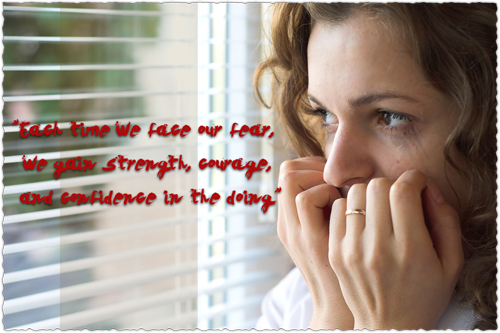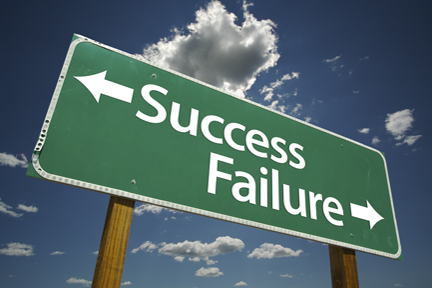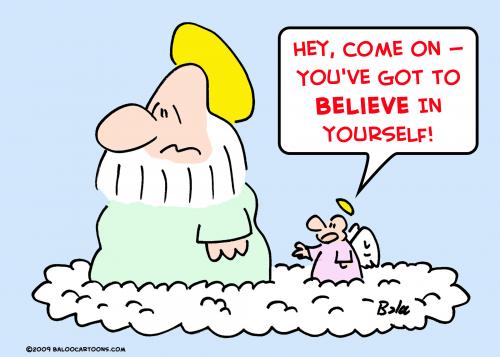At the start, most of us business owners have a certain fear of selling. It is usually caused by the bad images of pushy and annoying sales people that keep filling our heads with dreadful experiences and cheesy tag lines. Also, another reason why we might hate selling is that we never want to get rejected by a prospective client.
As business owners, we need to overcome this irrational fear and get over it as soon as we can; because if we don’t there are great repercussions as to what it can do for ourselves and our business.
There are three main reasons why we need to reconsider our unwillingness to sell. The first reason is very obvious. No selling equates to our business suffering. No sales equate to no revenue. No revenue equates to no profit; and ultimately, no profit means no business.
The second reason is very obvious too. Not selling also has its negative effect on our self-confidence. It may even come to a point that the fear of rejection can stop us from entirely selling.
The third, and last reason – though not so obvious and is usually forgotten by most of us, is that not selling equates to us not helping as many people as we wanted. We established our business and created our products and services so that we can help people out (and profit while doing it). Not selling means that we are not fulfilling our mission as business owners to help our customers and the industry.
If you’ve got that fear of turning into the salesperson you hate, then now is the time to change your mindset. We are all in the middle of an alleged economic crisis where every dollar earned counts.
I also kind of did an introspection as to why I am hesitant to sell my product; and these are the things I found out.
There are also three reasons why I don’t want to sell; and these are mainly just biases based on very bad experiences with sleazy sales people. I’m sure these might also look all too familiar to you.
The first reason being is that I love to buy, but I don’t like being sold to. I’ve had that experience with an annoying car salesman wherein I felt that the only thing he cared about was getting my money. Oh, how I despised that person that time. I felt like that he was desperate and only focused on getting that fat commission.
Next reason was that I always had a notion that all salespeople are insincere, dishonest, and are very self-focused. This was another bias that stopped me from selling. The third and last reason was that I always had that fear of being rejected. Who doesn’t?
If you can relate to these three reasons, then, like me, you’ve put some limitations on yourself regarding selling and have already sold yourself short of what you can actually put on the table.
Here are some tips on how I cured this fear. Who knows? It might cure yours too.
- You need to change your mind set when it comes to selling. Selling is an exchange of value. It means that I provide you something, and in exchange, you give me something of equal value. Think of the ‘barter trading system’ of the old days.
- You need to believe that your product or service is the best. When you have this kind of belief in your product or service, selling usually comes naturally. Just think of the best movie you’ve watched this year. When you discuss it with your friends, aren’t you very enthusiastic about it to a point that you try to sway your skeptical friends to also consider your point of view? This is what most people call the ‘raving fan syndrome.’
If you’re not a ‘raving fan’ of your own product or service, then you might want to re-evaluate the product/service itself. Be mindful that not being a ‘raving fan’ of your own product and service might turn you into the ‘sleazy car salesman’ who’s only goal is to hit the quota and get that commission.
- Always remember that the customer is more important than the sale. Offering value and helping people with their needs are your most important goals as a business owner. Though you may not have made a sale this time; but if you continue focusing on these important goals, you will build a lifetime fan. This will, of course, equate to more sales in the long run.










